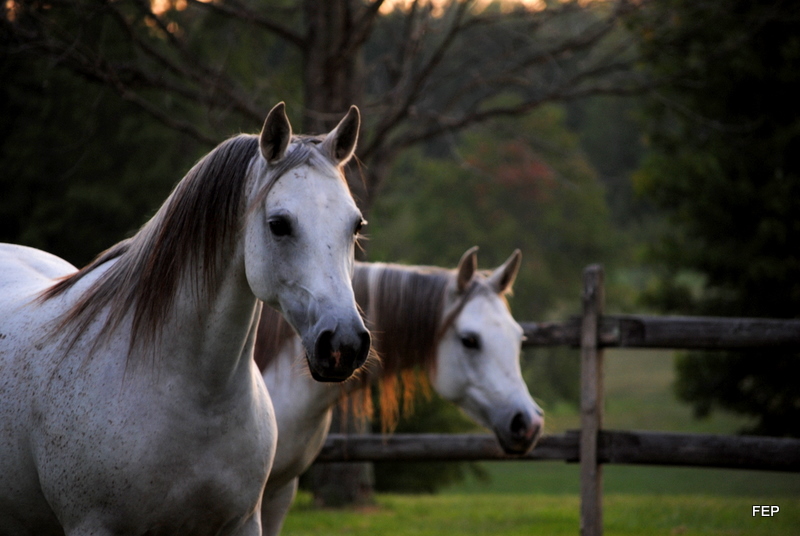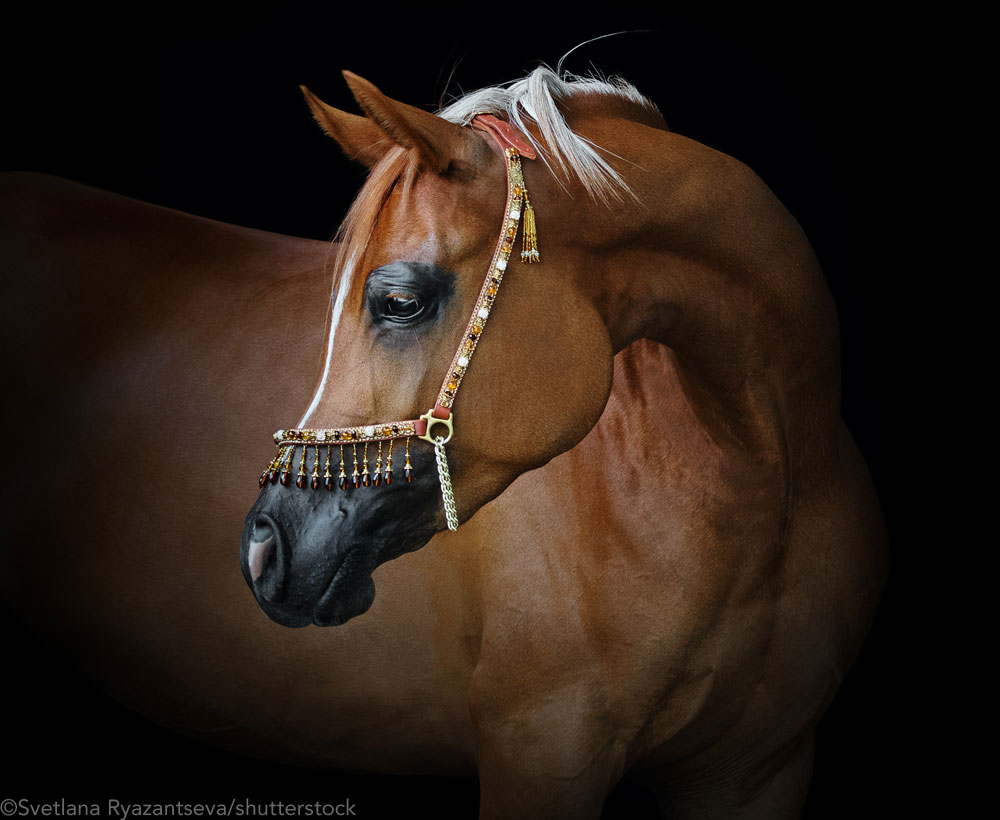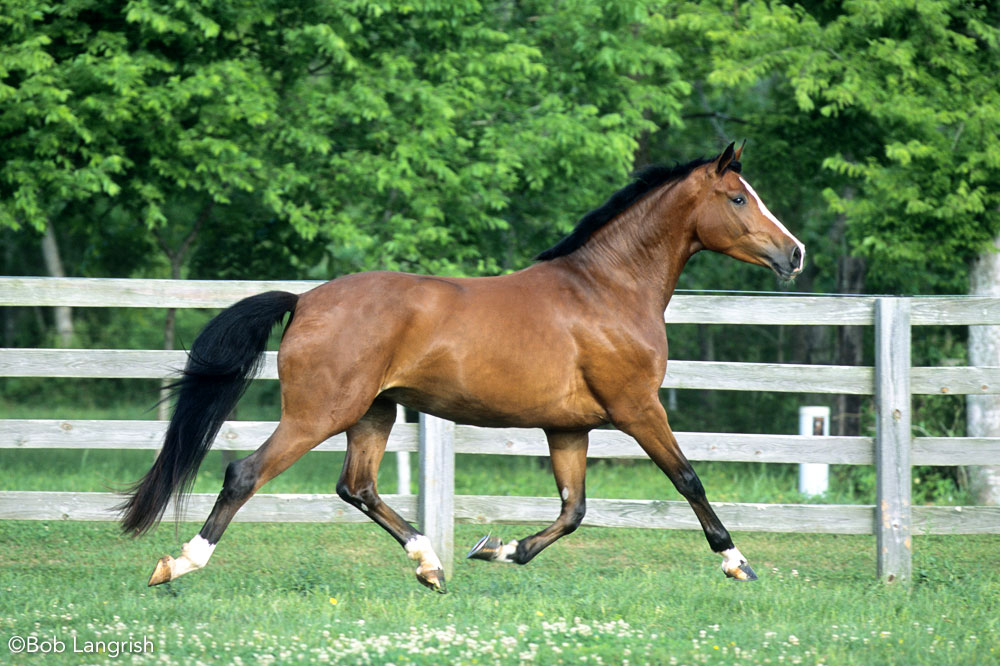History of the Arabian Horse:
Theorized to be the oldest breed in the world, Arabians were constant companions of the first documented breeders of the Arabian horse, the Bedouin people–nomadic tribesmen of Arabia who relied on the horse for survival. High religious significance in addition to harsh climates often led the nomads to share food, water and sometimes even their tents with their horses. For many of these reasons, the Arabian horse thrived in near isolation and are known for their sociable personalities.

As religious wars erupted, the Arabian horse made its way into Europe and other parts of the world. European crusaders crossed the lighter Arabian Horse with their heavier breeds, influencing nearly every modern breed today.
In 1725, Nathan Harrison of Virginia was the first of many to import the Arabian horse to North America. In 1908, a national registry was recognized for the Arabian Horse.
Today, more Arabian horses live in the United States than in all the other countries in the world combined. Arabians are famed for their stamina, and although they can be found in many disciplines, they rule the long-distance sport of endurance.
Arabian Horse Characteristics:
The Arabian horse has a distinctive dished profile. They have giant, wide-set eyes on a broad forehead, small, curved ears, and large and efficient nostrils. Arabians are also known for their arched necks and short backs. They stand 14 to 15.3 hands high and can be found in the following colors: chestnuts, bay, gray, black and roan.
For more information:
Arabian Horse Association, https://www.arabianhorses.org
Further Reading
A Brief History of the Arabian Horse
Discover the Arabian Horse




